About the Strategic Thinking Center for Islamic Economy
On one side, the center carries out studies, reports, and rigorous analysis that contribute to the development of specialized knowledge. On the other side, the center provides executive training, where it focuses on preparing executive leaders through Al Baraka Strategic School and its intensive programs. The school’s program spans five days in both its winter and summer editions. The school distinguishes itself by equipping participants with both advanced strategic leadership skills and specialized Knowledge, supported by executive workshops that build leadership capabilities and enhance strategic thinking in the Islamic economy.

Vision
To become the leading global destination for strategic thinking in the Islamic economy by creating an environment that supports the development and application of Islamic economy in alignment with the values of Sharia. It also aims to contribute effectively to achieving sustainable economic and social development.
Mission
To develop an authentic Islamic economic thought that aligns with Maqasid-based standards, adhering to the core values and principles of Islamic economy. Our goal is to support the leaders of Islamic economic institutions in achieving professionalism and excellence in this field.
Core Principles
- Authenticity: Promoting genuine Islamic economic concepts and upholding ethical values.
- Global Perspective: Developing global Islamic economic strategies and providing solutions to global economic problems.
- Innovation: Creating modern models and strategies in Islamic economy using technology and innovation labs.
- Team: Comprising specialized experts committed to the center’s mission and goals.
- Maqasid Standards: Highlighting the human objectives of Shari’ah and developing strategic models for each objective.
- Beneficiaries: Targeting leaders, professionals, and future leaders in the Islamic economic institutions.
- Values: Commitment to the authenticity of Shari’ah objectives, as well as integrity, credibility, excellence, and professionalism according to global standards.
Our Role
- Supporting the leaders of Islamic economic institutions with the right tools and preparing future leaders.
- Renewing the strategic vision of the Islamic economy and formulating it in a way that accurately and clearly expresses the objectives, values, mission, and goals of Islamic economy.
- Defining and presenting its role in bringing a real and fundamental transformation in the structures and practices of the current capitalist economy.
- Offering an Islamic economic model centered on productive activity that is genuine, sustainable, fair, and ethical.
Our Services
To train professionals and leaders in the field of Islamic economy, the center offers the following:
- Al Baraka Strategic Winter School:: Held in Medina for five days, this program aims to develop and enhance the skills of strategic executive leaders. It covers strategic tools that empower leaders and improve their professional efficiency. The program is designed for those interested in strategic thinking across various fields, including individuals outside the scope of Islamic economy.
- Al Baraka Strategic Summer School: Held in Istanbul for five days, this program aims to train and develop the skills of executive leaders through the use of Islamic economic tools. It focuses on the deep and diverse aspects of Islamic economy.
- Scientific Studies on Strategic Issues in Islamic Economy: The center conducts research and studies addressing key strategic issues within Islamic economy.
Executive Programs
These are specialized workshops that complement the executive schools' program, covering independent strategic topics, which include:
- Demographic Growth and Islamic Economic Expansion: New Horizons
- The Economic Landscape of Muslims: Realities and Transformations
- Leadership of Islamic Financial Institutions: Moving toward an economy based on Sharia objectives.
- Halal Industry: A Strategic Vision for Growth and Sustainability.
Current Research Projects and Initiatives
First: Research Projects
- SWOT Analysis of the Islamic Economy
- Islamic Economy Introduction Series
- Economic Analysis of Contracts Project
- Partnerships with Islamic economic institutions in Kingdom of Saudi Arabia, Turkey, Pakistan, and South Africa.
With our unwavering commitment to provide the most up-to-date and accurate information, we strive to become the leading source that businesses, researchers, and policymakers rely on for making informed decisions. Saleh Kamel Islamic Economy database represents the largest integrated data set ever to serve the Islamic economy, and consists of three main components:
Component 1: Scientific Data
It includes all decisions issued by Shariah bodies around the world, which is a long-awaited dream for all practitioners in the field of Islamic finance in particular.
Component 2: Executive Data
It is divided into two main sections:
Section I: Database of both profit and non-profit institutions.
It includes key data of Islamic economy institutions and Islamic windows of conventional institutions.
Section II: Database of Islamic Economics experts, Scientists and Executive.
It includes key data of Islamic economy executives in institutions, whose data is described in section 1, as well as Shariah scholars and academics.
Component 3: Halal Database
Which includes accreditation bodies, certification bodies as well as Halal companies.


